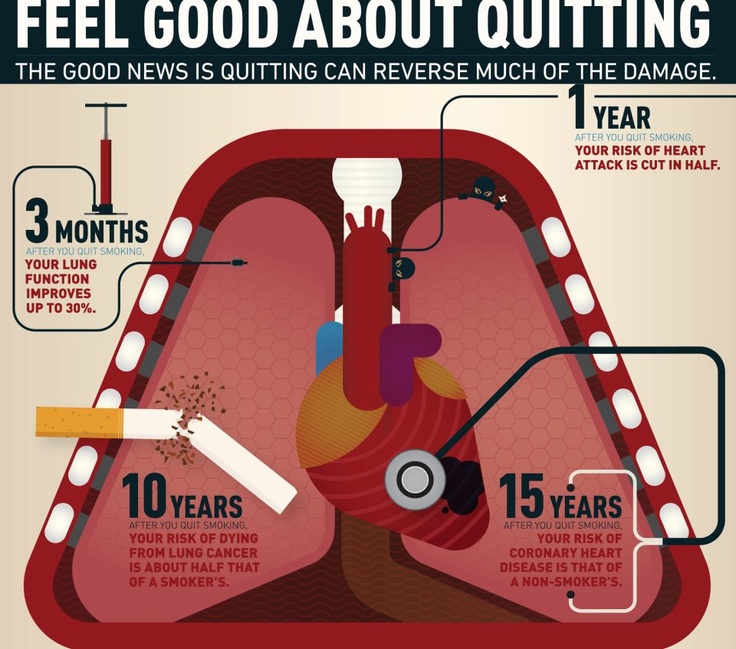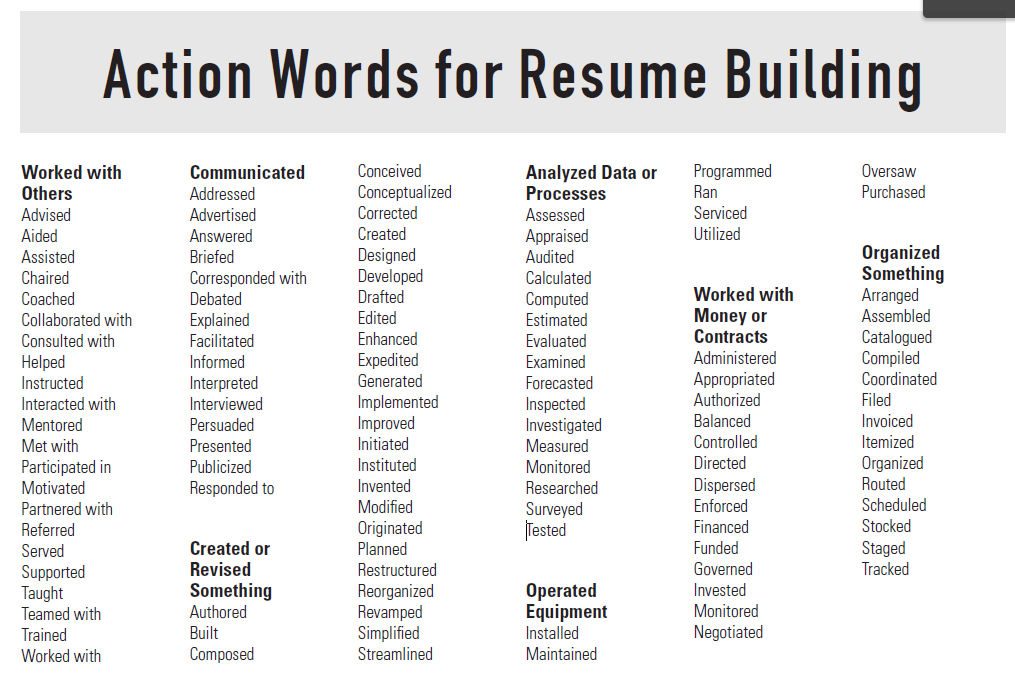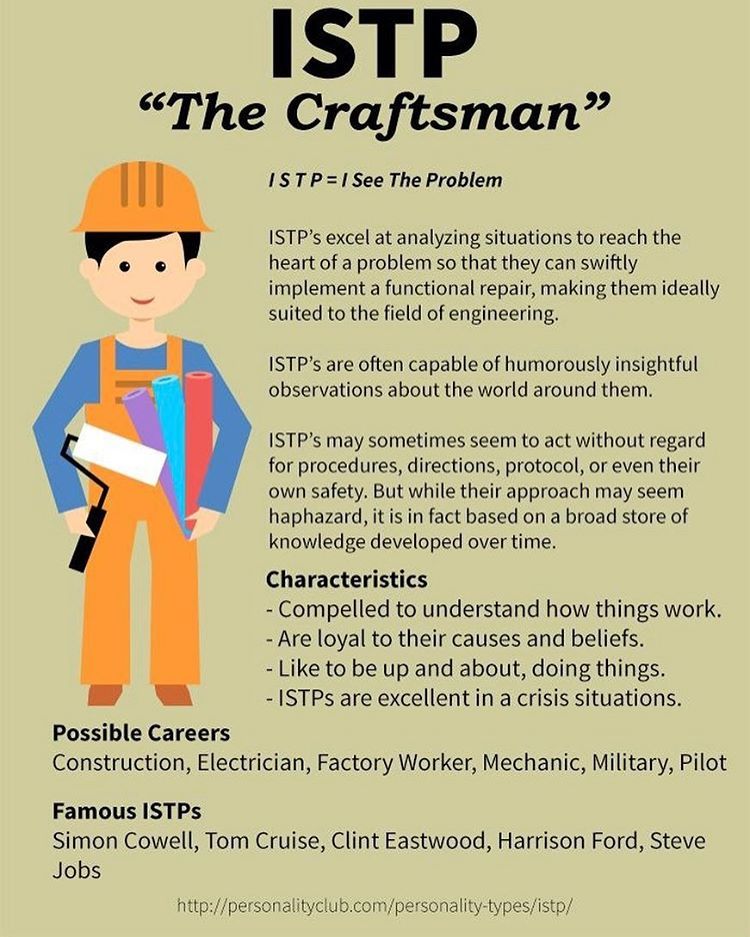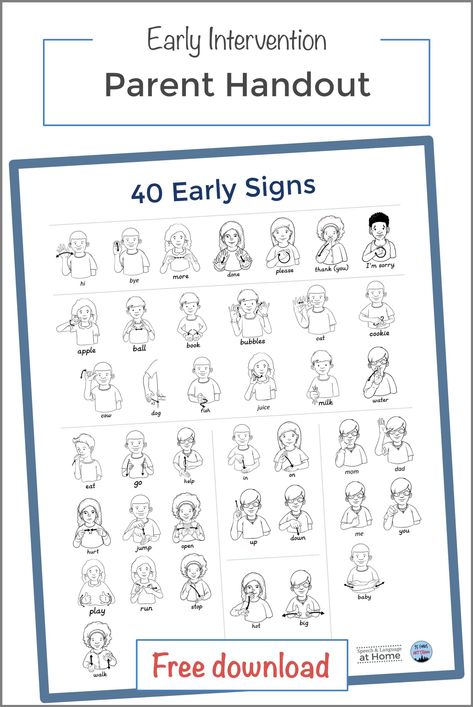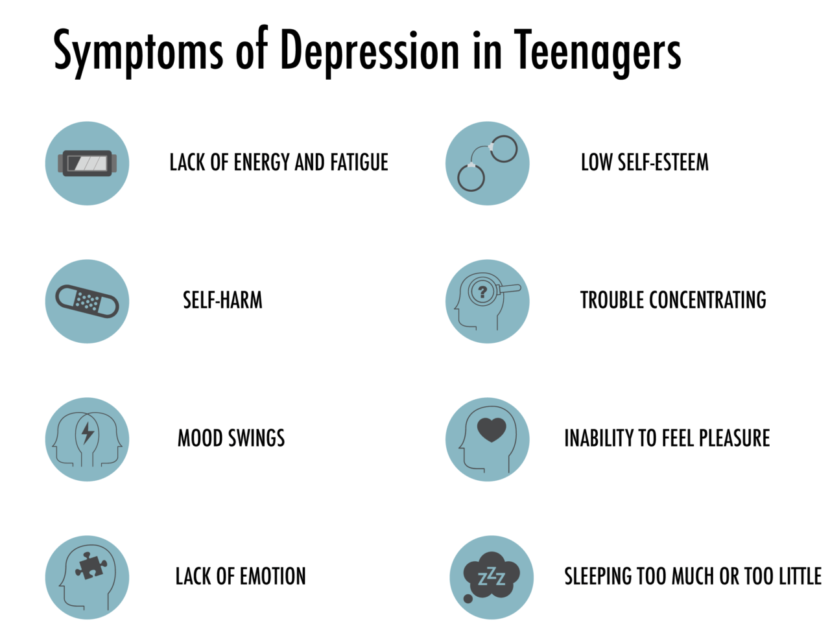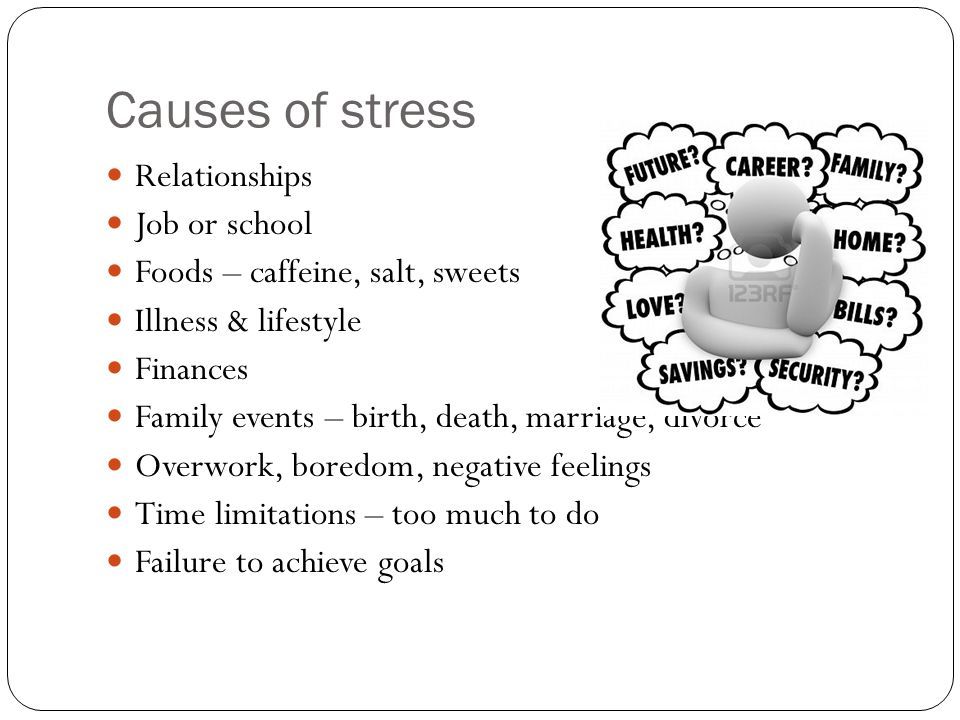Signs of unhealthy boundaries
Top 10 Signs Of Unhealthy Boundaries
Orlando Counselor Weighs In
Deciding to invest in yourself and speak to a counselor in Orlando for the first time might be the key to unlocking reasons why you are struggling in your life. Relationship issues, career problems, friendships that don’t feel supportive, family issues that you can’t resolve, or any other reasons can be motivation to seek professional help. A counselor in Orlando will offer you objective feedback and help explore areas of your life that you are dissatisfied in. Client’s often find that after speaking to a counselor for the first time, they develop insight into themselves and their lives that they didn’t have before.
A therapist or counselor comes from a client-centered perspective. This means that the main goal of therapy is to help you, the client. Confidentiality and respect for your feelings are extremely important. Sometimes an Orlando counselor will suggest that you make changes, redefine boundaries in your personal life, or discuss areas in your personal relationships that might be unhealthy.
Unhealthy boundaries can be signs that you struggle with your self-worth, self-esteem, or your identity. Here are some signs that you might be struggling with healthy boundary setting:
Top 10 Unhealthy Boundaries
Orlando Counselor Shares
-
You aren’t honest with others when you feel you’re not being treated right.
As a counselor in Orlando, all too often I see clients in therapy that do not feel like they have a voice. For any number of reasons, they do not feel like they can stand up for themselves, or they fear doing so will push people away or make them seem rude. My first role as a therapist is to empower you to find and use your voice if it will be helpful in your life.
-
Letting other people define you or give your life meaning.
If you allow your identity to be defined by those around you, then you are not living an authentic life. You are also allowing other people to tell you how you “should” be.
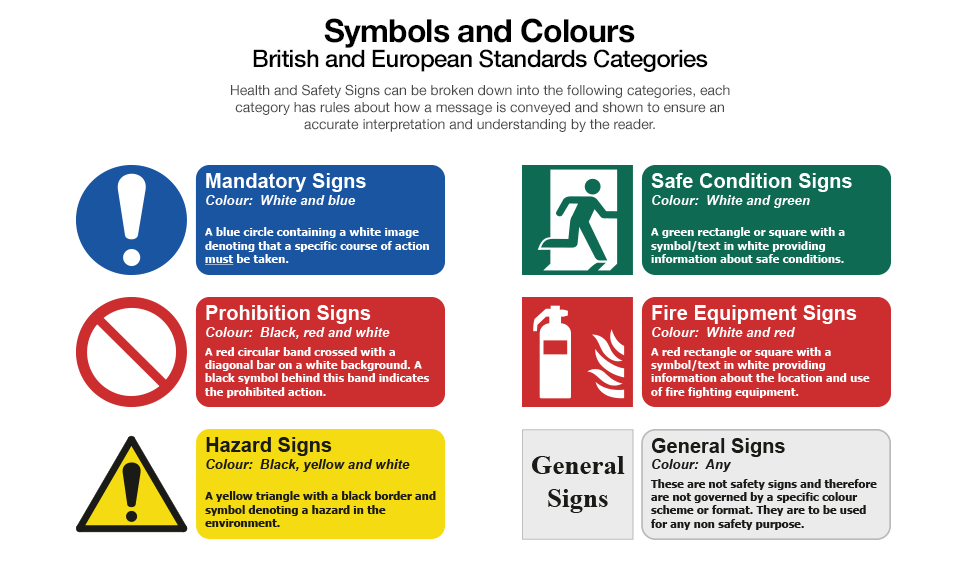 The only expert on you, is you. Therapy with a counselor in Orlando will help you reclaim your identity and still manage the relationships with those you love.
The only expert on you, is you. Therapy with a counselor in Orlando will help you reclaim your identity and still manage the relationships with those you love. -
Saying “no” makes you feel guilty or like you letting people down.
As an Orlando therapist I see this a lot. Especially with “people-pleasers.” It can be hard to say no to people you care about. Just try to remember that saying no doesn’t mean you are being mean or selfish. It means that you are valuing yourself and making sure that you have enough left over for you after you have helped people you care for.
-
Trying to please everyone around you just so you can feel needed.
If feeling needed makes you feel full, it might be time to examine why. When you allow your role’s (mother, wife, friend, husband, etc), in life to define you, then you lose sight of who you are. You have a right to be something outside of these roles and to embrace that part of you.

-
Accepting things even when you don’t want them.
Do you have a hard time turning down offers, gifts, invitations, or requests? This falls in line with the previous unhealthy boundary. If you have trouble turning down things or taking things when you don’t need, want, or like them, you could end up feeling overburdened or resentful. Life is about balance and in Orlando therapy, exploring ways to keep that balance is very important for better quality of life.
-
Being unable to handle something just so someone can take care of it for you.
On a subconscious level, many times people with unhealthy boundaries will “fall apart” just so other’s can help put things back together. It can feel good when you get attention, help, or are noticed, but the reality is that you are a capable, independent human being. Allowing yourself to fall into “victim” mode just to get your emotional needs met is a bad habit to get into.

-
Falling quickly for someone you don’t know well, or who has reconnected with you.
Facebook, online dating apps, and social media is a great example of how this unhealthy boundary plays out all too often. It takes time to build a relationship, to court someone, and to build the foundation for love. If you find that you fall in love quickly with people you just meet, or someone from your past that reached out to from social media, you might have trouble with boundaries. The false sense of immediate connection that someone can feel when they exchange texts or messages over a period of time does not equate to truly getting to know a person.
-
Crossing someone’s physical boundaries without permission.
If you find yourself being pushy with your affection onto others, or in situations where others are pushy onto you, ask yourself what is going on. As an Orlando counselor, I often have to screen for trauma and being physically or sexually violated by someone or violating someone else can leave permanent emotional damage.

-
Letting someone touch you or have sex with you even if you don’t want to.
You should never allow someone to touch you or have sex with you if you do not want them to. This may seem like an obvious boundary that wouldn’t be crossed, but all too often, I from clients who struggle with this one. The reasons why you might be struggling with maintaining this boundary should be explored in counseling Orlando. Maybe it’s a need to feel loved, or not being able to say “no,” or you feel like you have an obligation to do something with someone.
-
Doing what someone else wants even if it’s against your values, ethics, or your moral compass.
The bottom line to it all is that you should never do things that go against your values, morals, and ethical standards for someone else. If you find yourself being compromised and continually doing things for others, maybe it is time to reach out to a professional counselor Orlando that can help you sort out what’s really going on.
 You deserve to have healthy, enriching relationships that make you a better version of yourself.
You deserve to have healthy, enriching relationships that make you a better version of yourself.
Orlando Counseling Helps
Healthy Boundaries Matter
When you establish healthy boundaries with people in your life, you enrich the quality of your relationships. You teach people how to treat you and you let them know that you matter. Here are some reasons learning how to make sure you use healthy boundaries matter:
- Boost your self-worth, self-concept, and confidence.
- Your communication with other people is genuine, authentic and lets people know who you really are.
- Your relationships are deeper, more meaningful and honest.
- You will gain more control in your life and feel more grounded.
- You will be more in touch with reality and what truly matters.
If you or someone you know struggles with maintaining healthy boundaries or with toxic relationships, have them give Orlando Thrive Therapy a call today. Talking to a counselor in Orlando is confidential and will offer a new perspective on how to do things differently for better results.
Talking to a counselor in Orlando is confidential and will offer a new perspective on how to do things differently for better results.
Rise above any circumstance, for GROWTH, EMPOWERMENT, and better QUALITY of life!
Call today for more information. Follow Orlando Thrive on Facebook or Instagram.
(407) 592-8997
118 Pasadena Pl
Orlando, Florida 32803
7 Signs of Unhealthy Boundaries Affecting your Mental Health
It is essential to have personal boundaries for a healthy, meaningful, and happy life. Avoiding Unhealthy boundaries involves making good choices, staying away from danger, and remaining aligned with your personal mission, goals, and values.
Avoid getting into unhealthy relationships, set personal limits, stay away from unhappy patterns of personality, and false beliefs. It is important to foster respect, understanding, and honesty in relationships, allocate resources and money wisely, and care for your emotional well-being and physical health.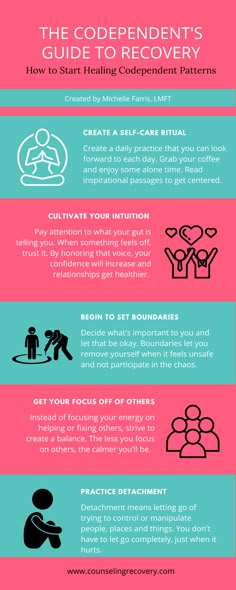 Although sometimes we set unhealthy boundaries that might affect our mental health, here are some signs. Take a look.
Although sometimes we set unhealthy boundaries that might affect our mental health, here are some signs. Take a look.
Your voice is your power. It is the way you express how you want to be treated. When you go silent instead of speaking up for yourself, you open the door for mistreatment and misuse. Some may think that taking a firm stance will push people away. In some cases this is true.
However, the people who leave are usually the ones who do not respect or agree with the set boundary. Keep in mind that the best people for you are the ones who honor your boundaries. As you empower yourself to speak up, your environment will change for the better.
2. You feel like other people don’t show you respectUnhealthy boundaries make people act negatively around you and this leads to a feeling of disrespect. Having personal boundaries allows you to recognize this in others too.
Instead of understanding and meeting your own needs and desires, you often comply with the wishes of others more than your own. Parents may make choices about their schooling or career.
Even in relationships, you may bow to the desires of your partner and your wishes simply do not matter. You may even rely heavily on the words of a mentor or spiritual guide. Look within to determine if the choices you have made for others have improved your quality of life.
4. Accepting things even when you don’t want themIt may be difficult for you to turn down requests, invitations, offers, and gifts. This is an example of unhealthy limitations. Those having trouble turning down things or taking things they do not require, like, or won’t feel resentful or overburdened. It is ok to say no to what you don’t want. Watch how people respond in those situations.
5. You are constantly the victim of the situationSuch people feel vulnerable and others take advantage of them in both subtle and obvious ways. There is always the feeling of blame and overlooking by others whether at work, in social circles, or in the family. For some people, it seems, things always go wrong.
There is always the feeling of blame and overlooking by others whether at work, in social circles, or in the family. For some people, it seems, things always go wrong.
Stop Being a Doormat! 7 Effective Tips to Build Your Self-Respect
6. You feel resentful even though you agree to other people’s requestsEven as you agree to expectations, requests, and invitations, there is resentment deep within. There is a silent complaint regarding how audacious others are even as you are fulfilling their wishes.
Resentment is a sign of not respecting your own personal limits adequately or allowing others to impose values, expectations, and opinions on you.
7. Trying to please everyone around youFeeling needed may make a person feel full, and this is the time to understand why. You are allowing your role as the husband, wife, mother, or friend to define who you are.
This makes you forget the person you are deep within. Stop trying to please everyone. It is within your rights to be someone outside of these roles so embrace that fact to enjoy your life better and have personal fulfillment.
Stop trying to please everyone. It is within your rights to be someone outside of these roles so embrace that fact to enjoy your life better and have personal fulfillment.
Personal boundaries refer to the set limits that facilitate things enhancing your life without allowing things detracting from it like internal beliefs, places, people, experiences, and activities. This gives protection against personal control, manipulation, abuse, or harm by others.
With personal boundaries, you can safeguard both energy and time with a focus on personal dreams and goals. It lets you be yourself and defines you. Personal investment helps a person to deal with career problems, relationship issues, and friendships.
Did this article make you think of the healthy boundaries in your life? Let us know in the comments if it helped you.
Subscribe to our newsletter to get regular updates on the latest articles. Visit us at Divine You Wellness to find more similar articles.
10 signs of unhealthy personal boundaries and what to do about them
Healthy personal boundaries are the foundation of a healthy relationship with yourself, others and the world. When our personal boundaries are “sick”, we often feel irritated, tired, disrespectful of ourselves, without even realizing what is the reason for this.
If you periodically have difficulties in communicating with other people, there is a feeling that you are being used, not respected, your interests are not considered - most likely, you have problems with personal boundaries.
Here are 10 signs that unmistakably indicate this:
You find it difficult to say "NO"
The most important and most characteristic sign of weak personal boundaries. You can't bear to deny someone anything, even if it's inconvenient, unprofitable, or even unsafe for you.
You say “yes, no problem” every time and then blame yourself for being cowardly.
You often feel like a victim of circumstances.
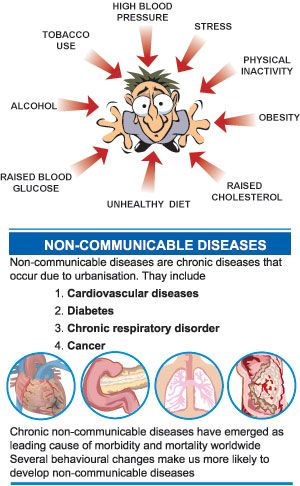
To blame someone else or certain circumstances for your failures is to recognize their decisive influence on your life. You do not personally control everything that happens to you, but some irresistible forces create endless obstacles for you on the way to your dream.
This sign also indicates that you, both in your thoughts and in real life, easily let anyone into your personal territory, passing him the control panel from your life.
You avoid any conflicts
Constant confrontation with others is also a sign of sick personal boundaries, due to problems with which a person feels the need to be aggressive, even where there is no need for it.
But a much more common situation is when we do our best to avoid any hint of a healthy conflict - the one in which the truth is born. Conflict is part of healthy adult communication. We have interests, needs, desires that may conflict or interfere with the interests of others. The search for compromises begins with a clash, when each of the parties says what is acceptable or desirable for it and what is not.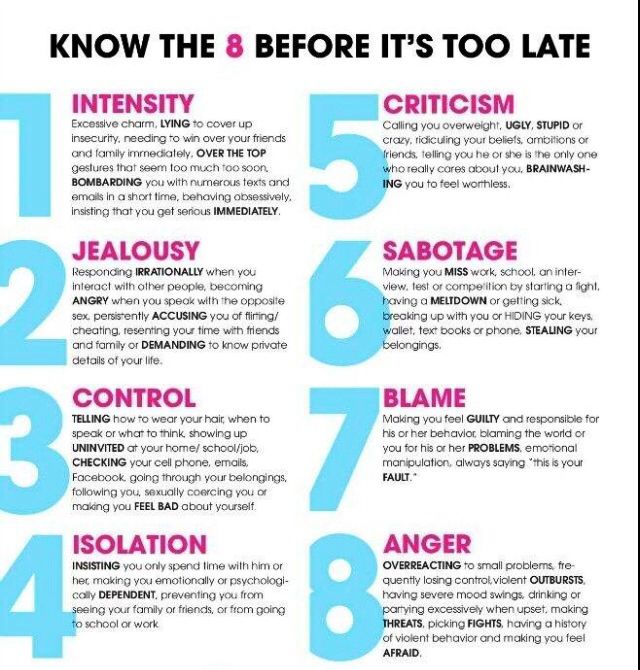
A person with healthy personal boundaries does this calmly, without any tension. A person with unhealthy personal boundaries agrees to anything that benefits everyone but himself.
It is difficult for you to declare your rights, interests or just desires
In especially neglected cases, you still consider it your virtue. Like, other egoists, but I'm not that kind of person.
In fact, behind this is the fear that you will be judged for daring to say what you really want. The desire to be a “good boy” or “good girl” outweighs everything.
You often blame yourself
In everything - from serious things to small things. A person with healthy personal boundaries also admits his mistakes, but in a constructive way: analyze, draw conclusions and move on.
You tend to get stuck in replaying situations where you were dissatisfied with yourself.
You take responsibility for other people's feelings
The reasons for this behavior are rooted in childhood.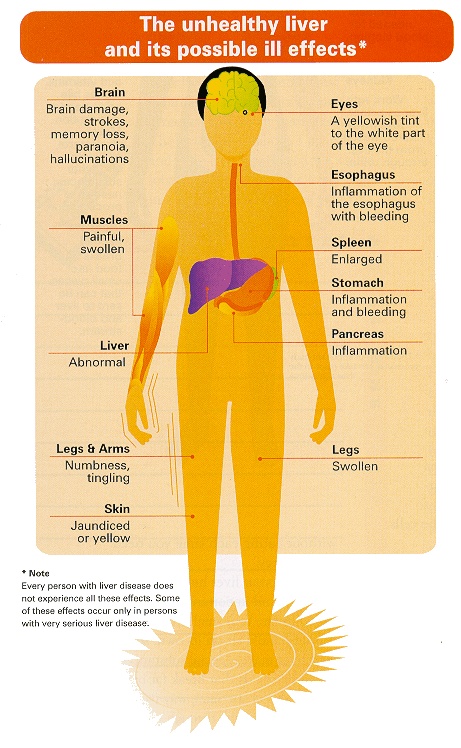 You have been taught to behave in a way that does not upset anyone, and this has become your life program.
You have been taught to behave in a way that does not upset anyone, and this has become your life program.
Instead of focusing on your needs and your life, you spend a lot of energy watching the reactions of others and worry about it all the time.
SEE ALSO: How to protect yourself from toxic people: simple and effective techniques
You are absolutely not ready to accept any criticism in your address
Unhealthy personal boundaries can be both almost transparent and too rigid. In the first case, you dutifully swallow any critical (even toxicly critical) remarks addressed to you, in the second case, you react aggressively, inappropriately to the circumstances.
Yes, we can evoke different reactions from others, including some that we don’t really like, but healthy personal boundaries are the ability to hear and see in such a reaction opportunities for growth or calmly say “I don’t like the way you are with you’re talking to me,” in response to toxic remarks.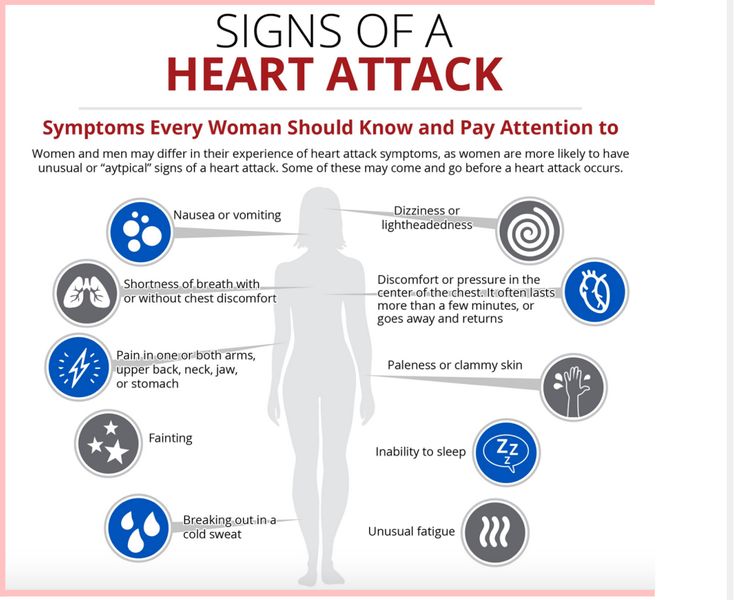 You take any rejection as a personal tragedy So. Not with an idea, not with a separate project, not with these separate relationships, but with them just in general.
You take any rejection as a personal tragedy So. Not with an idea, not with a separate project, not with these separate relationships, but with them just in general.
Refusal, meanwhile, is as much a part of communication as consent, so it makes no sense to attach super-importance to it.
You allow yourself to be asked uncomfortable questions and interfere in other people's lives yourself
Personal boundaries are internal rules that establish how you can and cannot be with us. Their other side is an understanding of how we can do with others, and how not. The problem usually exists on both sides at the same time.
People with unhealthy personal boundaries allow themselves to ask uncomfortable questions, make excuses, try to look their best to get the approval of others, and just as cheekily invade other people's personal territory - with remarks, unsolicited advice, condemnation and gossip.
You are trying to change relatives, friends and colleagues
Another characteristic sign of weak personal boundaries.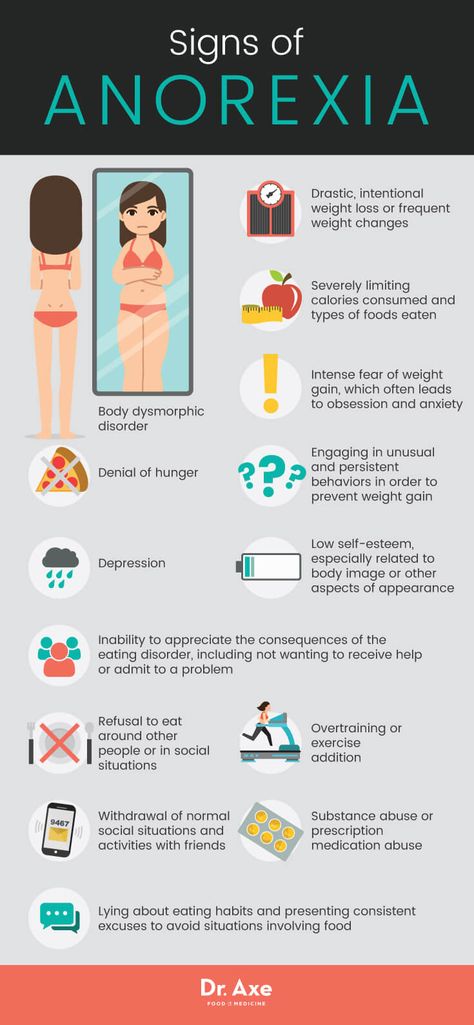 Instead of having the courage to go about your life, you are trying to prove something to other people. Here they will become better, and then my life will also improve!
Instead of having the courage to go about your life, you are trying to prove something to other people. Here they will become better, and then my life will also improve!
If from time to time you have ideas about how to shame someone, give someone an example of “how to” (how real men act, how loving mothers do, etc.), create circumstances in which which a person “will understand everything himself” or otherwise manipulate other people's emotions, this clearly indicates that you lack a healthy wall between your own life and the lives of others.
Yes, something may not build us up in the people with whom we communicate. But a person with healthy personal boundaries either speaks openly about it, trying to find a compromise, or manages his reactions, changing his attitude where possible. And where it is impossible, he simply leaves the toxic relationship.
What to do about unhealthy personal boundaries?
To heal. Decide what is important for you, establish internal rules that you will not violate under any circumstances, realize that no tragedy will happen if you declare your desires or refuse someone anything.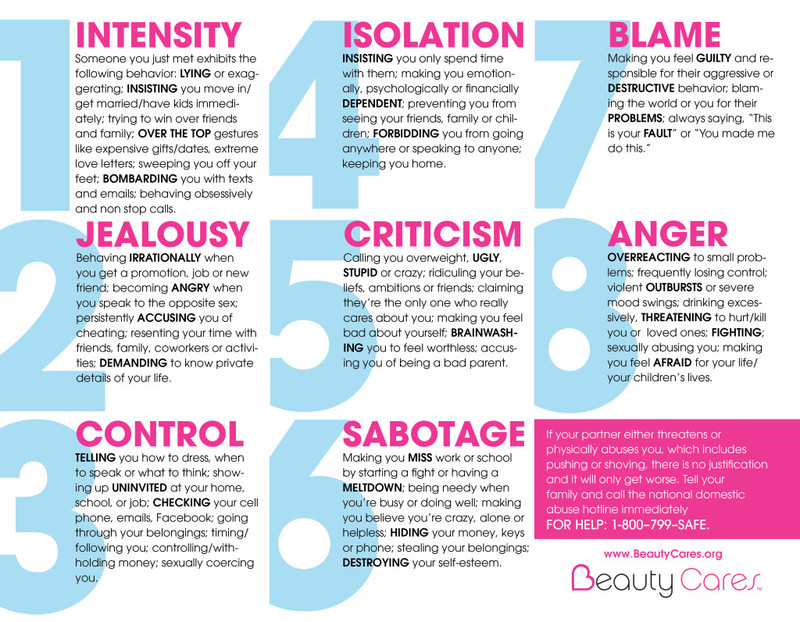
No cardinal changes will happen right away - mental processes take time to be introduced and adapted. But you can move in small steps today. The next time something touches you in a conversation with your own aunt or colleague, do not react automatically, according to the usual scenario . Allow yourself to become aware of your emotions and answer the question of why this is unpleasant for me. If there is a desire and inner strength, you can even talk about it, gently, politely, but firmly speaking about what exactly was unpleasant for you.
Important! When denying others or protecting yourself, do not become personal . Reproaches like “you never considered me” or “you always teach me!” lead to nothing. Stick to the topic of conversation and do not let yourself be drawn into unnecessary discussions. For example, “you know, I feel uncomfortable when they decide for me, come on next time you call me first, okay? Thank you".
Restoring your personal boundaries, do not forget about the boundaries of other people .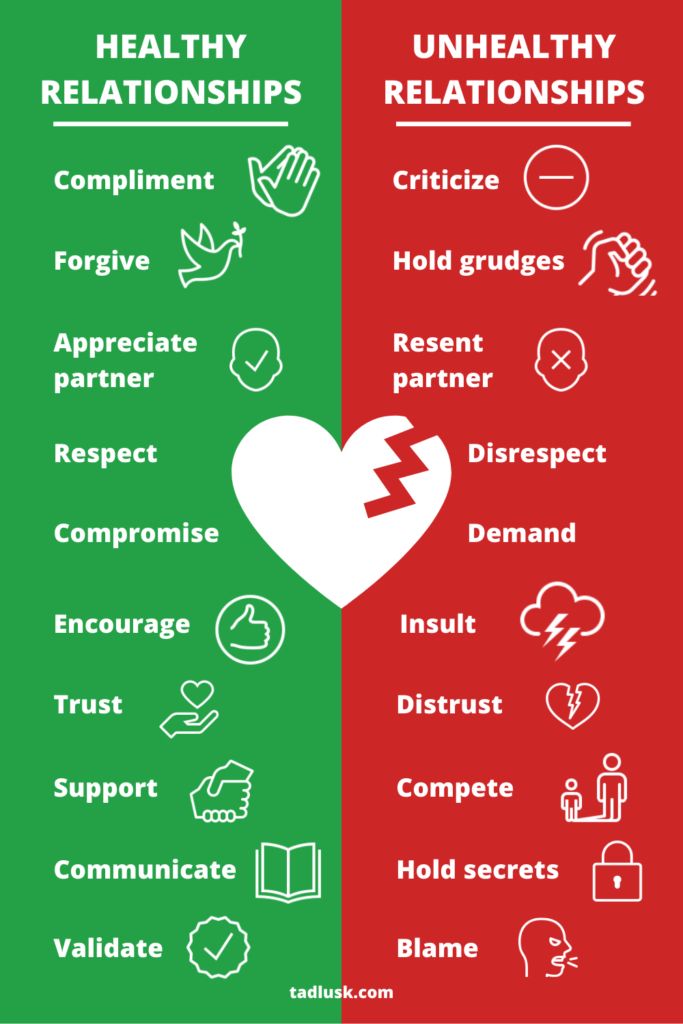 Stop yourself whenever you feel like giving someone another assessment, asking a question that confuses the other person, or passing on someone else's gossip. Remember that improving personal boundaries is a two-way street. Without respecting the feelings or privacy of others, it is impossible to learn and teach others to respect themselves.
Stop yourself whenever you feel like giving someone another assessment, asking a question that confuses the other person, or passing on someone else's gossip. Remember that improving personal boundaries is a two-way street. Without respecting the feelings or privacy of others, it is impossible to learn and teach others to respect themselves.
We recommend that you subscribe to the Be Better You telegram channel and receive daily useful materials on the topic of psychology and self-development.
Signs of unhealthy personality boundaries
Psychology
The golden rule of pedagogy " By personal example - teach children " shows how strong the influence of others on the formation of the personality of a child, a person and not only parents (but theirs - in the first place and their influence is stronger than other people).
A child, growing up, is always looking for a “limit”, how long one can do something or say something. It’s like a “Pavlovian reflex”, if the “hit” is strong, then the child will try not to repeat what he received this “hit” for - it can be a shout, an emotional expression, a gesture, a tactile touch.
It’s like a “Pavlovian reflex”, if the “hit” is strong, then the child will try not to repeat what he received this “hit” for - it can be a shout, an emotional expression, a gesture, a tactile touch.
Curiosity is a way of knowing the world and the engine of progress, and as a person grows up and develops, he constantly expands his boundaries, trying different ways of interacting with people and the world around him. And if there are people around him with weak, soft or too hard boundaries, he will not have anyone to learn from other ways of interacting.
And the weaker a person's boundaries, the more often he attacks the boundaries of others. Not out of malice, but because he does not realize that he is leaving the area of his competence. Sometimes people with weak boundaries develop apathetic depression. The person feels almost paralyzed by constant intrusions and cannot stop them.
But an adult, nevertheless, differs from a child in that he can change his life by changing himself, including his boundaries, in order to live a little better, more comfortable, more successful than his parents, this is one of the main tasks of the genus, personality. And in order to start changing, it would be good to know which boundaries are “unhealthy”, that is, their signs:
And in order to start changing, it would be good to know which boundaries are “unhealthy”, that is, their signs:
Signs of unhealthy personality boundaries:
* Tell everything.
* Communicate on an intimate level at the first meeting.
* Act on the first impulse.
* Be sexy not for yourself, but for your partner.
* Go against personal values or rights to please others.
* Ignore when someone sets inappropriate boundaries.
* Take food, gifts, touch or sex when you don't want to.
* Touching a person without asking.
* Take as much as you can get for the sake of receiving.
* Give as much as you can give for the sake of giving.
* Allow others to take as much from you as they can.
* Allow others to direct your life.
* Allow others to describe your reality.
* Allow others to define (evaluate) you.
* Assume that others can anticipate your needs.
* Expect others to fulfill your needs automatically.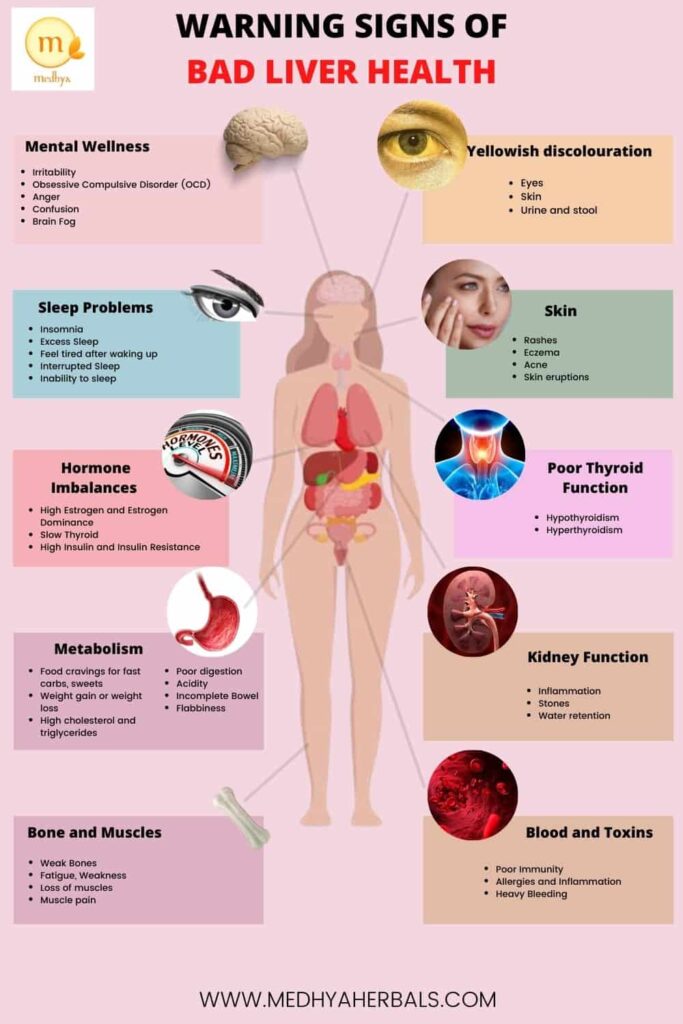
* Fail to have someone take care of you.
* Violence against oneself.
* Sexual and physical abuse.
* Food and chemical abuse.
Signs of healthy boundaries:
* Trust, but verify.
*Reveal yourself a little each time, stopping to see how others react to your revelation.
*Establish close relationships gradually.
*Before giving in to an impulse, consider the consequences.
*To show sexuality when you want to be sexual, concentrating on your feelings, and not watching the partner's reaction.
*Set and value your own values, regardless of what others think.
* Notice when the other person shows inappropriate boundaries.
* Notice when someone violates your boundaries.
* Saying "no" to food, gifts, touch, sex that you don't want.
* Ask permission before touching someone.
* Respect others without taking advantage of others' generosity.
* Respect yourself and give as much as you want, not too much, in the hope that someone will like you.

